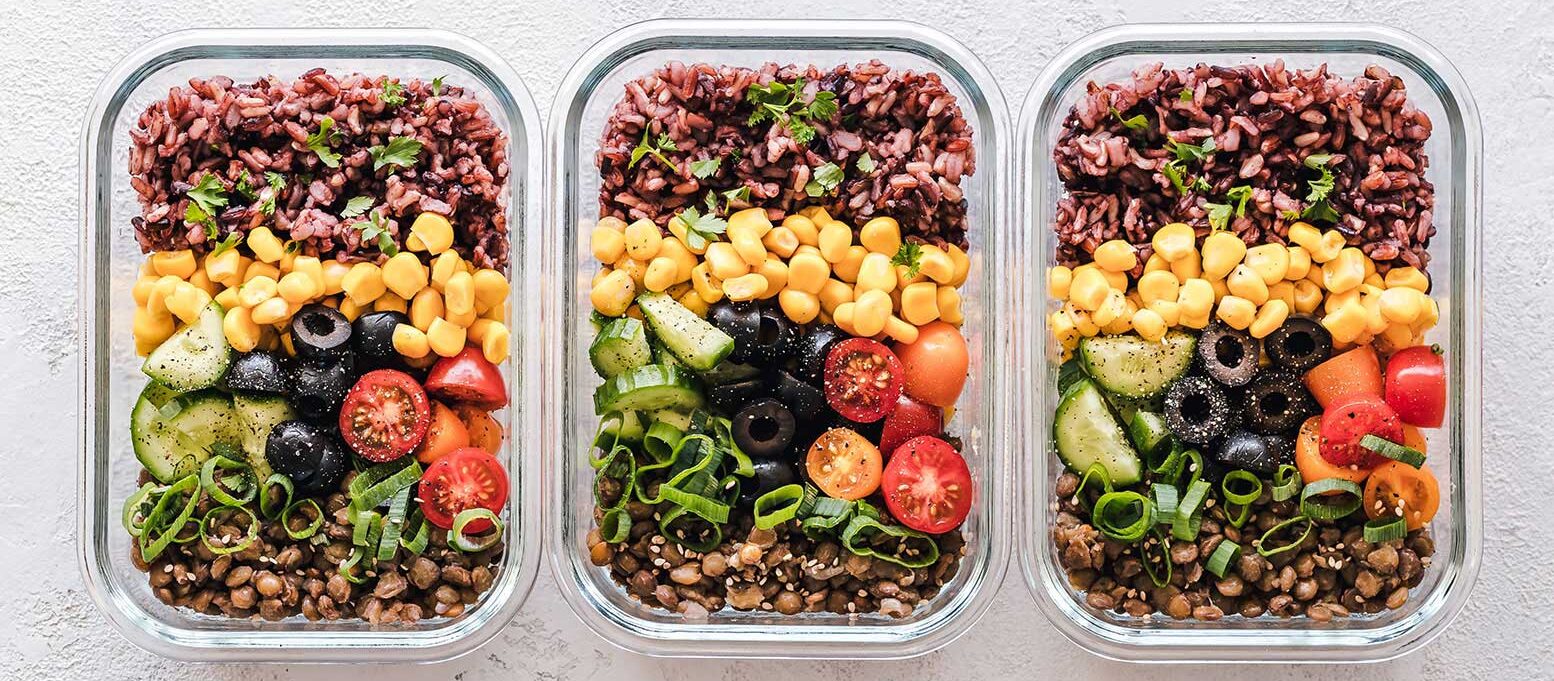M Meal Planning and Prepping
Mastering Meal Planning: Your Roadmap to Healthy Nutrition
By
Beauty Doctor MD September 25, 2023

In today’s fast-paced world, meal planning has become a cornerstone of healthy eating. It’s the art of organizing your meals and snacks in advance to ensure you’re getting the right nutrients, controlling portion sizes, and saving both time and money. In this comprehensive guide, we’ll explore the essential meal planning tips and strategies that empower you to make informed food choices, maintain a balanced diet, and achieve your health and nutrition goals.

Why Meal Planning Matters
- Nutrition Control: Meal planning puts you in charge of what you eat. It allows you to select nutrient-rich foods, control portion sizes, and avoid the temptation of unhealthy options.
- Time Savings: With a well-thought-out meal plan, you can streamline your cooking and grocery shopping. It reduces the daily stress of deciding what to eat and searching for ingredients.
- Budget-Friendly: Meal planning helps you make cost-effective choices. You can buy in bulk, reduce food waste, and avoid impulse purchases.
- Health Benefits: A balanced meal plan promotes better health by ensuring you get a variety of nutrients, maintain consistent energy levels, and support weight management.
Meal Planning Basics
- Set Clear Goals: Determine your nutrition goals. Are you looking to lose weight, gain muscle, improve energy levels, or manage a specific health condition? Your goals will guide your meal planning choices.
- Consider Dietary Restrictions: If you have dietary restrictions or preferences (vegetarian, vegan, gluten-free, etc.), factor them into your meal plan. Seek creative ways to meet your needs while enjoying a varied diet.
- Create a Weekly Schedule: Plan your meals for the week ahead. Include breakfast, lunch, dinner, and snacks. A weekly schedule provides structure and helps you visualize your nutrition plan.
- Gather Recipes: Compile a list of recipes you’d like to prepare during the week. Choose recipes that align with your goals and incorporate ingredients you enjoy.
- Plan for Leftovers: Intentionally make extra portions to have leftovers for future meals. This saves time and reduces food waste.
Balanced Nutrition
- Include a Variety of Foods: Aim for a diverse diet rich in fruits, vegetables, whole grains, lean proteins, and healthy fats. Different foods provide different nutrients.
- Portion Control: Be mindful of portion sizes to avoid overeating. Use measuring cups or visual cues to estimate serving sizes.
- Mindful Snacking: Plan for nutritious snacks to curb hunger between meals. Opt for whole foods like nuts, yogurt, or fresh fruit.
- Hydration: Remember to drink enough water throughout the day. Water plays a crucial role in digestion, nutrient absorption, and overall well-being.
Smart Grocery Shopping
- Make a List: Based on your meal plan, create a detailed grocery list. Stick to your list to avoid impulse purchases.
- Shop the Perimeter: In most grocery stores, fresh produce, lean proteins, and dairy are found around the perimeter. Focus on these areas for healthier choices.
- Read Labels: When buying packaged foods, read nutrition labels to make informed choices regarding sugar, sodium, and other nutrients.
- Buy in Bulk: Non-perishable items like grains, legumes, and canned goods can often be purchased in bulk for cost savings.
Preparation and Cooking
- Batch Cooking: Spend a few hours on meal prep day cooking in batches. Portion out meals into containers for easy access during the week.
- Freezing Meals: Consider freezing portions of meals that you won’t consume immediately. This can be a lifesaver on busy days.
- Plan for Flexibility: While it’s essential to stick to your meal plan, allow for some flexibility. Life happens, and you might need to adjust occasionally.
Eating Out Mindfully
- Menu Analysis: When dining out, review the menu beforehand and look for healthier options. Many restaurants now provide nutritional information online.
- Portion Awareness: Restaurant portions tend to be larger than necessary. Consider sharing an entree or taking half home.
- Be Mindful: Eat slowly, savor your food, and listen to your body’s hunger cues. Avoid distractions like phones or television while dining out.
Tracking Progress
- Food Journaling: Keep a food diary to track what you eat, your portion sizes, and how you feel after meals. This can help identify patterns and make adjustments.

- Measure Progress: Assess your progress toward your nutrition goals regularly. This can help you stay motivated and make necessary change
- Seek Professional Guidance: If you have specific health goals or dietary concerns, consider consulting a registered dietitian or nutritionist for personalized guidance.
Conclusion: The Art of Nourishment
Meal planning is not just a chore; it’s a skill that empowers you to take control of your nutrition, save time and money, and achieve your health and wellness goals. By implementing these meal planning tips and strategies, you can embark on a journey of mindful eating that not only nourishes your body but also enhances your overall quality of life. Start today, and discover the many benefits that thoughtful meal planning can bring to your table.


